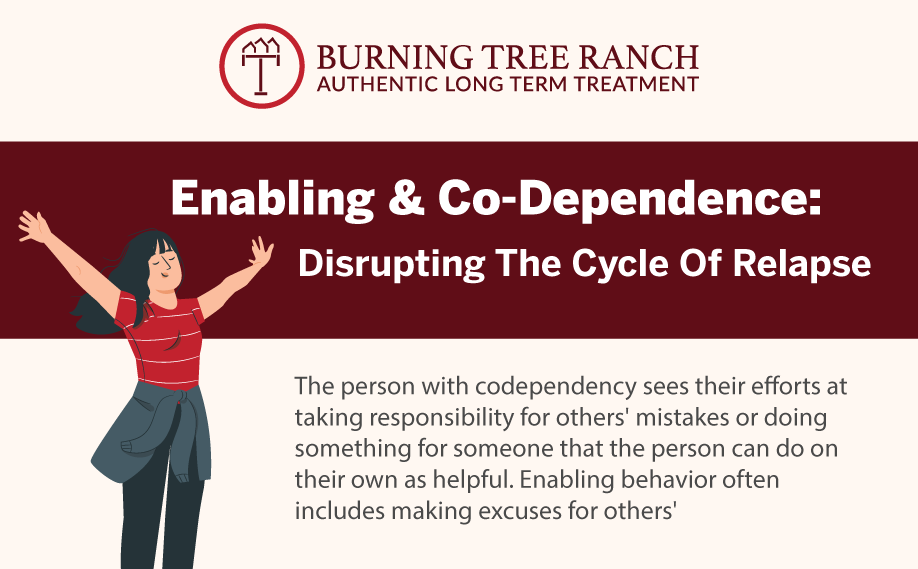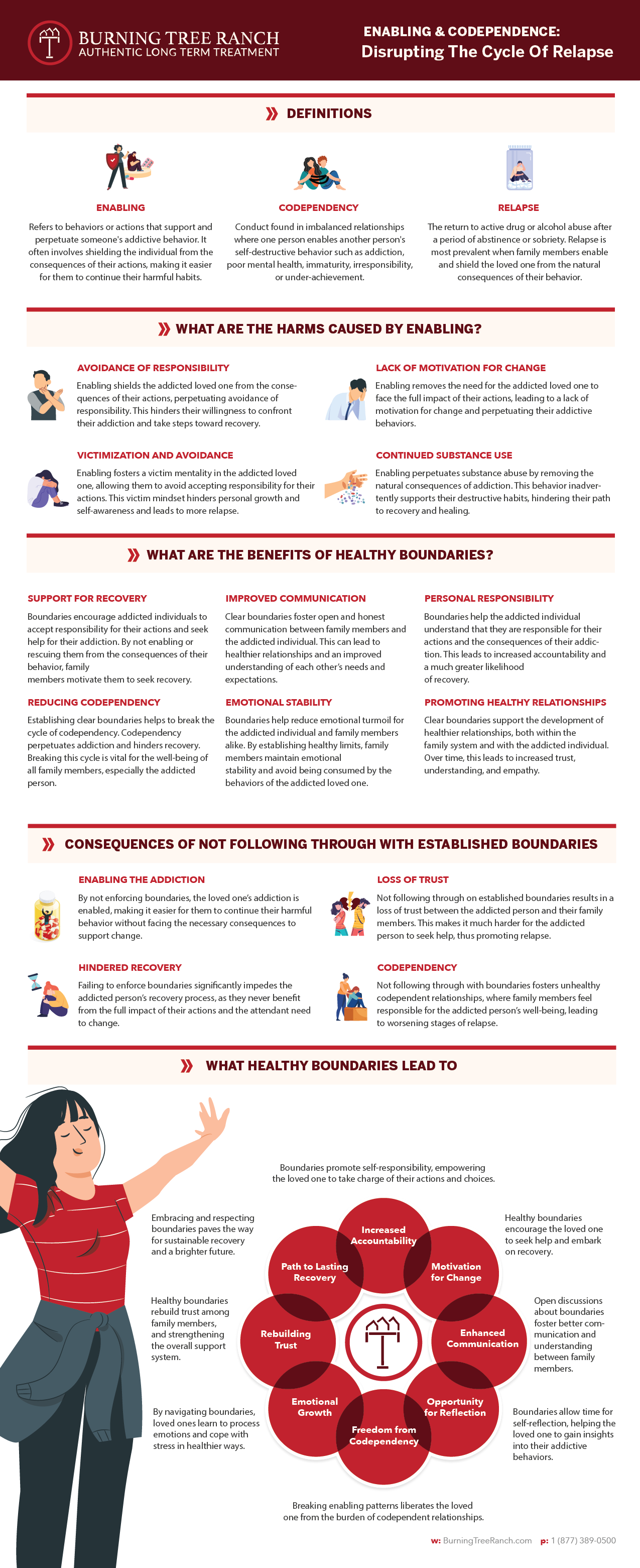Addiction is a complex, multi-faceted issue that often requires sustained, long-term treatment to effectively combat its physical and psychological dimensions. While medical interventions and behavioral therapies are pivotal, the role of family involvement in this arduous journey is invaluable and often underemphasized. Families serve as a bedrock of emotional support and play a critical role in helping their loved ones stick to treatment plans, monitor progress, and prevent relapses.
In the broader landscape of addiction treatment, family members are more than bystanders; they are integral participants in a collective endeavor to restore balance, health, and well-being. Their involvement can significantly impact the trajectory and outcomes of long-term addiction treatment, offering a holistic approach that complements medical interventions.
Understanding Addiction as a Family Disease
Addiction is a complex and devastating disease that affects not only the individual struggling with it but also their loved ones. It’s important to understand that addiction is a family disease, as it can profoundly impact the entire family unit. Addiction can cause guilt, shame, and isolation and strain relationships to the breaking point. However, by recognizing addiction as a family disease, families can come together to support their loved ones in recovery and heal together. Educating ourselves on addiction and its effects is crucial and seeking resources and support to help us navigate this difficult journey. Together, we can overcome addiction and emerge stronger and more resilient than ever before.

BURNING TREE RANCH IS THE NATIONS BEST LONG TERM DUAL DIAGNOSIS TREATMENT CENTER FOR THE CHRONIC RELAPSER
Preparing Families for the Path Ahead
Preparing families for long-term addiction treatment is crucial for the success of the patient’s recovery journey. It’s not just about the individual battling addiction but also about the support system that surrounds them. Family members play a vital role in the recovery process, and educating them on what to expect during treatment is essential. This includes understanding the different stages of recovery, the importance of therapy and counseling, and how to build resilience and handle relapse. Equipping families with the necessary tools and knowledge can provide the much-needed support and encouragement their loved one needs to overcome addiction and lead a fulfilling life in sobriety.
The Psychological Benefits of Family Support
Addressing Potential Challenges for Families
Addressing Co-dependency Issues
Addressing Co-dependency Issues is a pivotal aspect of addiction recovery that involves the individual in treatment and their close relationships, particularly within the family. Co-dependency can inadvertently enable addictive behaviors, hindering progress toward recovery. Recognizing the signs of co-dependency and understanding its dynamics are essential steps in fostering healthy boundaries and balanced relationships. By providing education, therapy, and guidance, individuals and their families can work together to break free from co-dependency patterns, fostering an environment that encourages personal growth, self-sufficiency, and sustained sobriety.
Learn more about enabling & dependency
The Family's Contribution to Building a Sober Environment
The Role of Families in Relapse Prevention
Long-term Addiction Treatment at Burning Tree Ranch
The long-term addiction treatment program at Burning Tree Ranch stands as a beacon of hope and transformation for individuals and their families. By intertwining comprehensive addiction treatment with robust family support, our program recognizes the profound influence of familial bonds on the recovery journey. Through education, therapy, and open communication, Burning Tree Ranch not only aids individuals in conquering addiction but also fosters an environment where families actively contribute to the healing process. This holistic approach addresses the immediate challenges of addiction and lays the foundation for enduring recovery, where individuals and their families emerge stronger, united, and equipped to navigate life’s challenges together.




